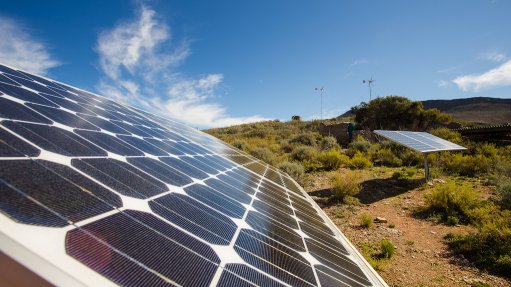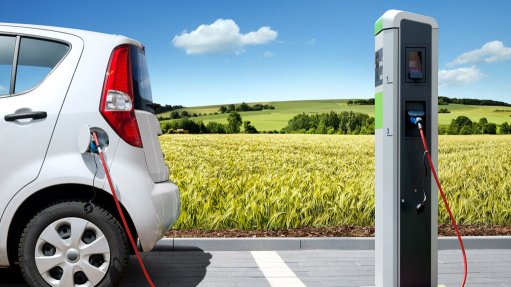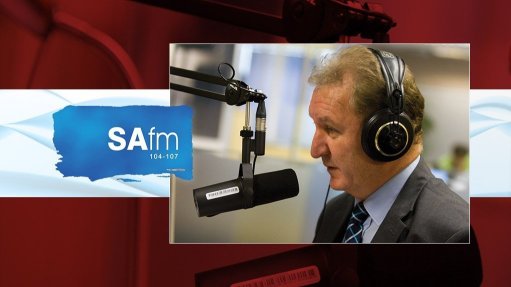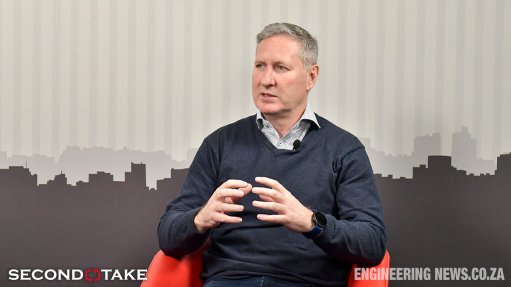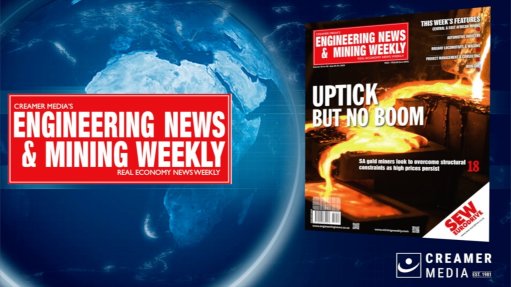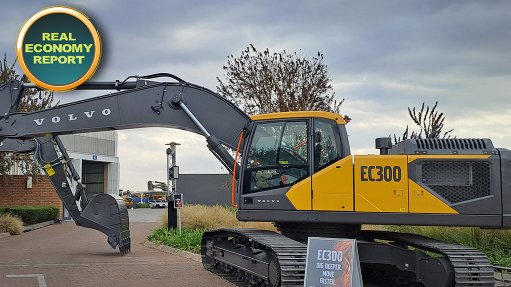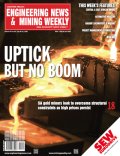Governing framework adherence key to HVAC-R development

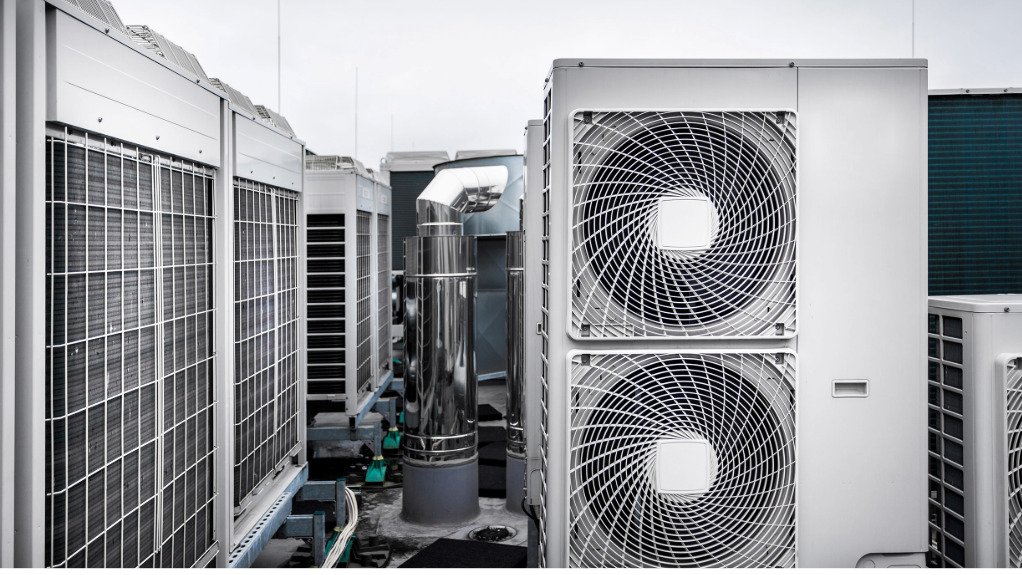
CATALYSING SAFETY Prioritising the health, safety and the environment epitomised in industry attitudes
Contractor association the South African Refrigeration and Air-Conditioning Contractors Association (Saracca) highlights the imperative of setting fair and feasible governing standards to establish a common framework for collaboration in the heating, ventilation, air-conditioning and refrigeration (HVAC-R) sector.
This would promote consistency and facilitate successful and efficient project completion, says the association.
Governing standards typically outline expectations, responsibilities and guidelines for contractors involved in a project or agreement, and can cover areas such as quality assurance, safety protocols, compliance requirements, project timelines, communication protocols and dispute resolution mechanisms.
It is also important to provide clarity on the implications of failing to adhere to these standards and the overall benefits that contractors can gain from compliance, says Saracca director David Botha.
Highlighting the significance of the HVAC-R sector to South Africa’s economy, Saracca notes that the sector’s importance lies in providing comfortable and safe indoor environments for residential, commercial and industrial buildings while significantly contributing towards energy efficiency, public health and overall sector productivity.
The association adds that industry performance is influenced by factors such as regulatory changes, consumer preferences, and the broader construction and real estate markets. Additionally, regular maintenance and upgrades for existing systems contribute to the sector’s longevity and stability.
“In terms of economic performance, the HVAC-R industry has shown steady growth, owing to factors such as the increased demand for energy-efficient systems, technological advancements and a growing focus on indoor air quality,” Botha highlights.
Challenges, Developments
The challenges that air-conditioning and refrigeration contractors face include advancements in technology, environmental regulations, seasonal demand, a skilled-labour shortage, cost management and a failure to adhere to the sector’s governing standards.
Botha notes that keeping up with the latest advancements in air-conditioning and refrigeration technology can be challenging, as it requires ongoing training and an increased investment in new equipment.
There is also the challenge of adhering to environmental regulations and ensuring that equipment complies with the current environmental standards.
Botha adds that contractors experience peak periods and slower periods throughout the year, and must balance the cost of equipment, labour and overheads while remaining competitive in the HVAC-R market.
Some HVAC-R contractors are not registered or maintaining their South African Qualifications and Certifications Committee of Gas and South African National Standard 10147 accreditations and clients are not informed enough to request a certificate of conformity when repair work is done on systems.
Further, some contractors are working on older versions of the Joint Building Contracts Committee – which provides clients with a standardised and balanced conceptual framework that promotes fair dealings among companies and contributes to the successful execution of construction projects in the country – and/or are choosing to ignore certain sections of the contract.
There are also concerns regarding late payments.
Despite these challenges, Saracca notes that the technological developments in the HVAC-R sector are advancing rapidly and a few of the key developments include the integration of smart technologies including, thermostats, energy management systems, and remote monitoring and control.
These technologies are aimed at improving energy efficiency, thereby reducing operational costs and providing more precise control over HVAC-R systems.
Botha asserts that Saracca contractors have played an integral role in implementing advanced control systems, incorporating Internet-of-Things devices, and integrating HVAC-R systems with building management systems.
By leveraging expertise and experience, Saracca contractors have helped businesses and homeowners optimise their HVAC-R systems for improved performance and energy savings.
Health, Safety and Environmental Considerations
Saracca asserts that several strategies are essential for enhancing health, safety and energy efficiency in the HVAC-R sector, including the implementation of stringent industry standards and regulations to ensure that all installations and practices adhere to prescribed safety and efficiency guidelines.
“Training and ongoing education for industry professionals to stay updated on the latest technologies and best practices are also crucial; promoting the use of energy-efficient equipment and advocating for sustainable practices within the industry can significantly contribute to enhancing energy efficiency while minimising environmental impact,” Botha explains.
The association also highlights that the environmental impact of HVAC-R products and solutions is “substantial”, owing to energy consumption, refrigerant emissions and concerns pertaining to end-of-life disposal.
However, Saracca notes that numerous companies in the HVAC-R sector are facilitating the development and adoption of more sustainable refrigerants that pose a lower environmental risk.
Further, there are initiatives to educate industry professionals and consumers about the environmental impact of HVAC-R systems and promote a more sustainable approach to heating, cooling and refrigeration.
“The association and our members are focused on education, community development, environmental sustainability and social empowerment in these initiatives. We have also implemented local improvement projects, supporting education and promoting sustainable practices. The association is committed to initiatives that have a positive impact on society and the environment,” Botha concludes.
Comments
Press Office
Announcements
What's On
Subscribe to improve your user experience...
Option 1 (equivalent of R125 a month):
Receive a weekly copy of Creamer Media's Engineering News & Mining Weekly magazine
(print copy for those in South Africa and e-magazine for those outside of South Africa)
Receive daily email newsletters
Access to full search results
Access archive of magazine back copies
Access to Projects in Progress
Access to ONE Research Report of your choice in PDF format
Option 2 (equivalent of R375 a month):
All benefits from Option 1
PLUS
Access to Creamer Media's Research Channel Africa for ALL Research Reports, in PDF format, on various industrial and mining sectors
including Electricity; Water; Energy Transition; Hydrogen; Roads, Rail and Ports; Coal; Gold; Platinum; Battery Metals; etc.
Already a subscriber?
Forgotten your password?
Receive weekly copy of Creamer Media's Engineering News & Mining Weekly magazine (print copy for those in South Africa and e-magazine for those outside of South Africa)
➕
Recieve daily email newsletters
➕
Access to full search results
➕
Access archive of magazine back copies
➕
Access to Projects in Progress
➕
Access to ONE Research Report of your choice in PDF format
RESEARCH CHANNEL AFRICA
R4500 (equivalent of R375 a month)
SUBSCRIBEAll benefits from Option 1
➕
Access to Creamer Media's Research Channel Africa for ALL Research Reports on various industrial and mining sectors, in PDF format, including on:
Electricity
➕
Water
➕
Energy Transition
➕
Hydrogen
➕
Roads, Rail and Ports
➕
Coal
➕
Gold
➕
Platinum
➕
Battery Metals
➕
etc.
Receive all benefits from Option 1 or Option 2 delivered to numerous people at your company
➕
Multiple User names and Passwords for simultaneous log-ins
➕
Intranet integration access to all in your organisation







